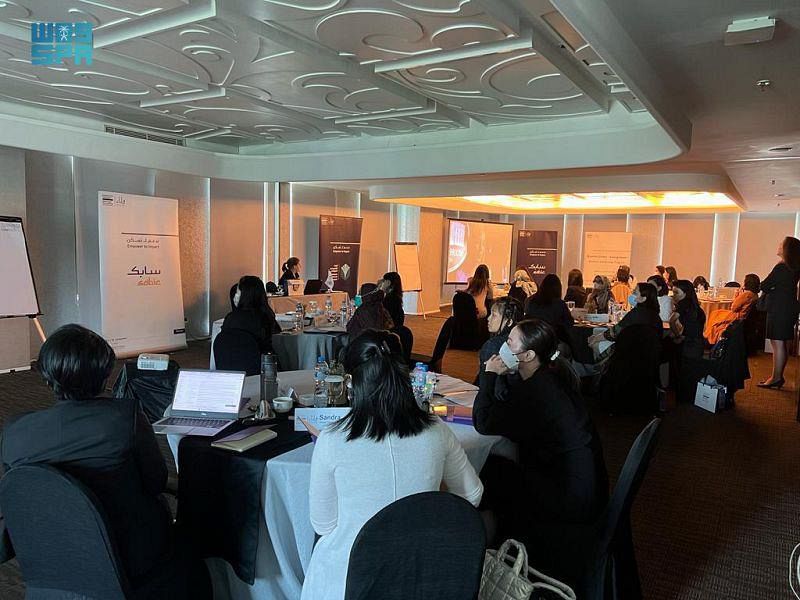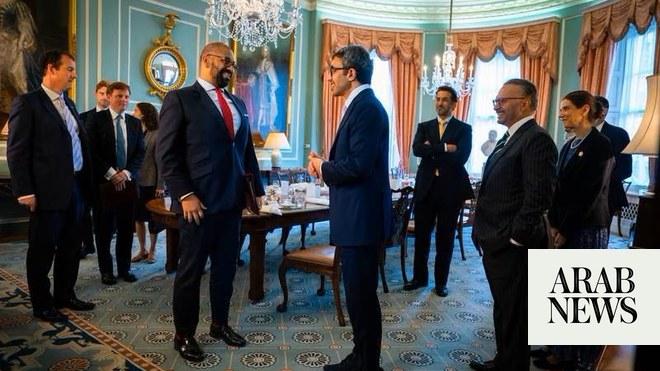
Preliminary results in the Lebanese parliamentary elections, held on Sunday, altered the political map in the country with the Lebanese Forces winning new seats in parliament and the Shi’ite duo of “Hezbollah” and Amal tightening their grip on their strongholds.
On the Sunni front, the Mustaqbal Movement of Prime Minister Saad Hariri lost some seats as was predicted.
Foreign Minister Jebran Bassil, head of the Free Patriotic Movement, meanwhile declared his “electoral victory” after his third try at running for a seat in parliament.
Civil society groups scored a surprise victory in Beirut with two candidates, journalists Joumana Haddad and Paula Yacoubian, winning seats.
In the first elections since 2009, voter turnout was projected at 49.2 percent a drop from the previous 54. The lowest turnout was registered in Beirut’s first electoral district with 33.13 percent and the highest in the second northern district of Tripoli-Minieh-Dinnieh.
“Hezbollah” and Amal predictably swept the vote in the second and third southern districts.
The Lebanese Forces looked to have gained the most in the elections, with a candidate securing a victory in the Baabda district and another in the Baalbeck-Hermel area. It also spoke of “positive results” in Keserouan-Jbeil, Akkar, third northern district and Zahle, areas where it had never before won seats.
The candidates were competing for 128 seats at parliament.
Over a hundred observers from European Union countries, as well as Norway and Sweden, had deployed around Lebanon to monitor and assess the voting, which they deemed as positive.
The vote was held under a new proportional system that has confused some voters and made the contest more unpredictable. Advocated by the Shi’ite duo, the results of the polls mainly favored “Hezbollah” and Amal, while remaining political parties struggled to retain and build on their support base, which consequently led to a shift in the political map and some surprise victories.
The law does still preserve the sectarian power-sharing system and another coalition government including most of the major parties, like the one that has governed since 2016, looks likely, analysts say.
Major Sunni leaderships represented in Hariri and former Prime Minister Najib Miqati retained their grip on power, with the current premier reaping overall popularity in the country. Former Internal Security Forces chief Ashraf Rifi failed to build on his popularity in the 2016 municipal elections.
The elections were not without incident.
In predominantly Mustaqbal Movement controlled areas, some “Hezbollah” supporters raised a poster of party leader Hassan Nasrallah in an act of provocation.
The Lebanese Association For Democratic Elections (LADE) noted in a report on Sunday that “electoral silence” on the eve of the polls was not respected by several parties, starting with President Michel Aoun, who announced on Saturday the side he had voted for. It also held accountable some parliamentary candidates for their media appearances on the eve of the voting.
It also spoke of violations during the voting itself.
It noted how some party representatives accompanied some special needs voters to the voting booth, in violation of voter secrecy. It also criticized how not all polling stations were properly equipped to receiver special needs voters, an issue that was acknowledged by Interior Minister Nouhad al-Mashnouq earlier in the week.
LADE also spoke of how various political party supporters entered polling stations and followed voters to pressure them to poll in their favor.
Head of the Lebanese Forces Samir Geagea announced that some party supporters clashed with a group of people, who were bribing voters in Zahle. The security forces soon intervened and arrested the suspects.












